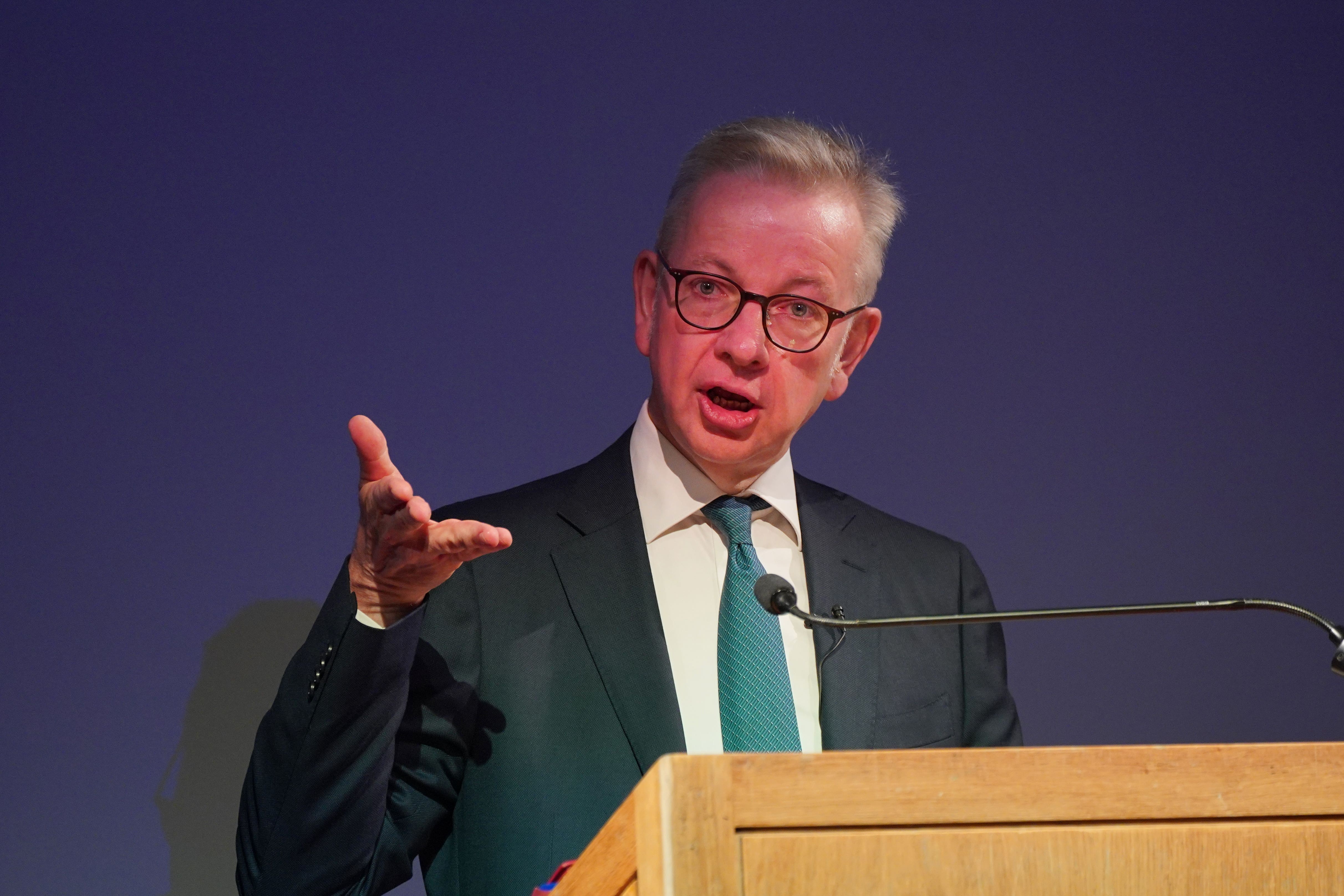The government’s housing plan is too little, too late – even its own MPs aren’t convinced
Editorial: The country’s housing crisis has many causes but essentially just one symptom – that millions upon millions of people can’t afford to live in one

Michael Gove thinks of himself as a doer, not merely a talker, but reforming housing is a lot harder than reforming education or even the criminal justice system. It requires not just new policies, but actual bricks and mortar, in extremely large quantities.
He will surely know himself that his plan for housing is certainly too late, and almost certainly too little. A year before an election is no time to start delivering a radical agenda on a policy area so crucial. It will not build many houses, but it will make politics.
There are, to begin with, some contentious numbers. The new plan for housing begins with the government praising itself for delivering on its manifesto commitment of building a million new homes. But it falls far short of meeting its clearer target of 300,000 new homes a year, a figure that is the commonly agreed bare minimum to make any progress at all on the UK’s shocking housing crisis.
By claiming success in meeting this target, Mr Gove seeks to claim the political capital required to shape his new homebuilding plans in a way that will allow him both to not alienate his own voters and to attack Labour.
His plan for housing, we now know, involves urban regeneration, developing brownfield sites, and not “concreting over the green belt”, as he has characterised Labour’s intention. Yet solving, or even beginning to solve, the UK’s housing shortage will require politicians not to present a false choice between these two options, but to embrace them both. If the former were sufficient, Mr Gove would not need to be quite so artful about his own successes.
He paints an attractive picture of redeveloping British cities in the style of specifically chosen urban success stories, but he stops short of a plan of how to get there.
His grand scheme is the Cambridge New Quarter, which he hopes will more than double the size of Cambridge, allowing it to become the country’s flourishing tech hub. It is already a success story on that front, but, he argues, could be even more so if it were twice the size, and in keeping with its existing beauty.
He will certainly know that a plan to double the size of a city like Cambridge will require cooperation with his political opponents, a job that will not be made easier by making politics out of their intentions. Developing not just brownfield land but the green belt, too, will be essential to meeting the 300,000-a-year number, a target that he is still committed to but simultaneously won’t admit can only be done through the Labour Party’s policies. This is not the way to achieve cooperation.
It also won’t have escaped his notice that, so far, his grand plans for Cambridge have not even convinced the local MPs from his own party. Anthony Browne, the Tory MP for South Cambridgeshire, has wasted no time in making the very boring point that the city is already running out of water.
Mainly, Mr Gove’s new plan all but ignores the pressing need for more social housing. The country’s housing crisis has many causes but essentially just one symptom – that millions upon millions of people can’t afford to live in one. Urgent action is needed, but the government, after a pandemic and three prime ministers, has not left itself long enough in the electoral cycle to even get started.



Join our commenting forum
Join thought-provoking conversations, follow other Independent readers and see their replies
Comments